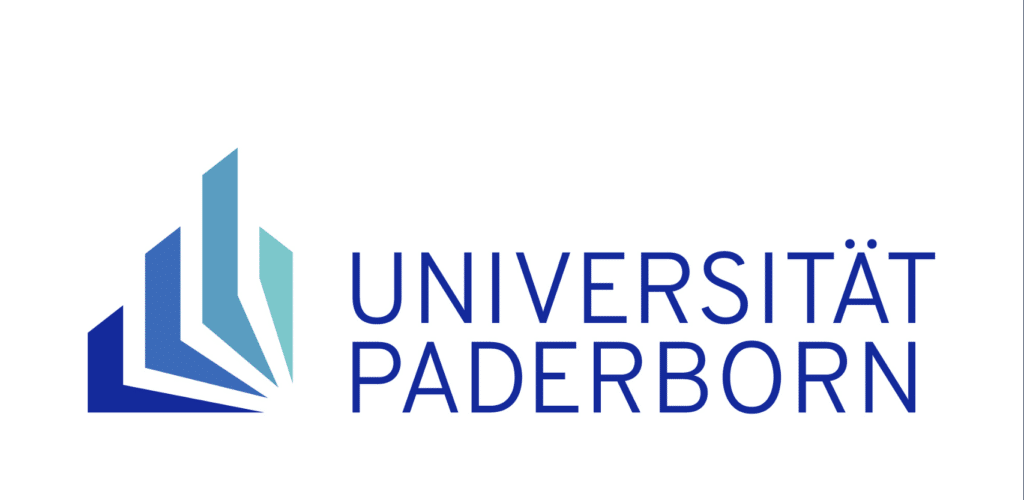Research in the ProDaBi Project
The ProDaBi project aims to prepare pupils for the challenges and opportunities that data science and AI bring with them today. This includes teaching technical skills and abilities as well as discussing the ethical and social implications of these technologies. The professional development of teachers is also of great importance for the project in order to help ensure that the topics of data science and AI can be taught in a well-founded manner in the classroom.
The ProDaBi project combines the development of theoretical concepts with the design of concrete lessons and professional development courses, as well as the empirical investigation of their use and impact. Research in the project is driven to a large extent by the dissertations and research projects of the employees, who are supervised by the project managers. The ProDaBi project is therefore pursuing the following research priorities:
Data awareness
Data awareness is a didactic concept for promoting maturity in a data-driven society and is a focus of the project. It takes the pupils' perspective on their everyday interactions with data-driven digital artifacts as a starting point. This enables them to understand the role of data in these data-driven digital artefacts and to critically reflect on their everyday interactions with these artefacts. Such reflection also includes, for example, taking a position on these technologies and their role in our everyday lives.
The development and evaluation of the concept of data awareness is part of a dissertation project associated with this project. The focus is on teaching computer science at lower secondary level. As part of the research, a didactic approach will be developed and implemented in several teaching modules. Pupils learn an explanatory model about the role of data in data-driven digital artefacts, which serves as a tool for analyzing and reflecting on digital artefacts. The development and evaluation of the concept is based on several empirical studies in which, among other things, a measurement instrument for the understanding of and attitude towards data-driven digital artifacts is developed. In particular, these studies also examine the promotion of pupils' active engagement with data-driven digital artifacts that they encounter in everyday life.
If you are interested in this research project, please contact Lukas Höper: lukas.hoeper@uni-paderborn.de
Epistemic programming
Epistemic programming describes an insight-centered view of (data-driven) programming. The aim of the approach is to make programming accessible as an epistemic tool for everyone with regard to their own interests and thus to be able to use it for personal data exploration and self-expression. In the ProDaBi project, interdisciplinary citizen science teaching modules for data-driven environmental exploration are being developed and researched.
Translated with DeepL.com (free version)
The focus of the research is on identifying,
- how pupils' views on programming change as they go through data-driven epistemic programming projects,
- how pupils engage in epistemic programming,
- how pupils can be supported in their epistemic programming processes through the use of worked examples.
Based on the research results, the approaches and didactic tools used are to be further developed in order to make this perspective on programming as a cultural technique accessible and tangible for pupils.
If you are interested in this research project, please contact Sven Hüsing: sven.huesing@uni-paderborn.de
Machine learning with decision trees
One focus of ProDaBi since the start of the project has been to address the topic of machine learning in school education. This involves selecting suitable content and designing and researching specific learning arrangements.
The research project “Machine learning with decision trees” aims to develop a concept for teaching methods of supervised machine learning and to implement this in practice using the example of data-based decision trees. This includes the selection and appropriate adaptation of content, the development of (digital) tools for teaching, the design of lessons and the investigation of learning processes and outcomes for learners. The core of this research project is teaching at upper secondary level, although the concepts are also being tested and researched in an adapted form at lower secondary level. Translated with DeepL.com (free version)
If you are interested in this research project, please contact Yannik Fleischer: yanflei@math.uni-paderborn.de
Online professional development
The focus of the scientific research within ProDaBi III is the design of effective online training for teachers. A synchronous concept with asynchronous elements is being developed in order to enable greater commitment, improved time planning and exchange between teachers - decisive factors for successful training participation.
In the context of scientific research, the extent to which elements that have proven effective in face-to-face training can be transferred to an online format is being investigated. These include structuring, collaborative group work phases, the use of interactive and collaborative tools and the use of learning videos. The online training courses continue to build on evaluated teaching series and integrate tried and tested elements. This includes providing concrete insights into what is happening in the classroom, for example by presenting results from students. This makes it possible to illustrate potential difficulties or successful teaching processes in order to promote a better understanding. Translated with DeepL.com (free version)
If you are interested in this research project, please contact Susanne Podworny: podworny@math.uni-paderborn.de
Scientific publications of the project can be found here.



